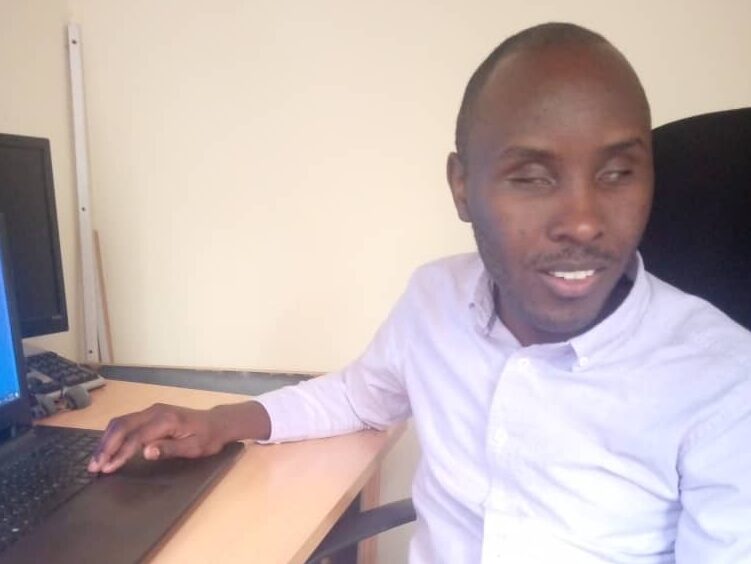
News
‘It was not an easy journey, but I made it’
Play audio version
Attorney Jean Claude Ngabonziza and His Work in Disability Rights in Rwanda
September 22, 2021
*** Content warning regarding genocide
KIGALI, Rwanda — Jean Claude Ngabonziza was only four years old when the 1994 Rwandan genocide began. Ngabonziza describes what he thinks he knew was happening at the start of the genocide. “… I could see that everyone was so worried,” he says. “My mother kept us in the house and was always praying and crying. They could not let us out to play, and my dad was no longer going to the fields. I was young, but I believe I was scared, too.”
After a period of hiding and trying to survive, Ngabonziza and his family were bombarded with grenades that left him with blindness. His mother, the only other surviving family member, enrolled him in HVP (Home of Virgin of the Poor), a school for children with disabilities in Gatagara, and later the Gahini Secondary School after the genocide.
Today, Jean Claude Ngabonziza is a lawyer working with UWEZO Youth Empowerment, an organization supporting youth with disabilities. UWEZO Youth Empowerment is under the umbrella cohort of the National Union of Disability Organizations of Rwanda. Since graduating from the School of Law at the University of Rwanda-Huye Campus with academic distinction, he has worked with many organizations, especially those supporting youth with disabilities. “It was not an easy journey but I made it,” Ngabonziza says. Since 2012, he has been a member of the Rwandan Union of the Blind, where he has been advocating for access to white canes for Rwandans with vision impairments.
Ngabonziza was born in 1990. Both his parents were farmers. He was raised in Kigali, in the Gasabo District and Ndera Sector. He says his family had a lot of expectations for him as their firstborn and only son in his nuclear family. He is grateful to his mother, especially for the role she played in his educational journey. Ngabonziza says, “If it was not for my mother who, instead of keeping me in the backyard, chose to take me to school, which was not an easy task for her with all the difficulties and poverty that was there after the [genocide]. She was having her own problems of trauma and post-war issues of losing her husband and family, but she fought for her son. I cannot thank her enough.”
When asked what makes him thrive, he says, “I do not limit myself. I try everything that I can do, put in more work than others. I make sure that I am satisfied with my work, which is not an easy task to achieve.”
Rose Umutesi is a 2021 DJP Fellow and chairperson of the National Organization of Users and Survivors of Psychiatry in Rwanda (NOUSPR) and co-founder and treasurer of its umbrella organization, the National Union of Disabilities Organizations of Rwanda (NUDOR). @2021 NOUSPR. All rights reserved.
News From the Global Frontlines of Disability Justice
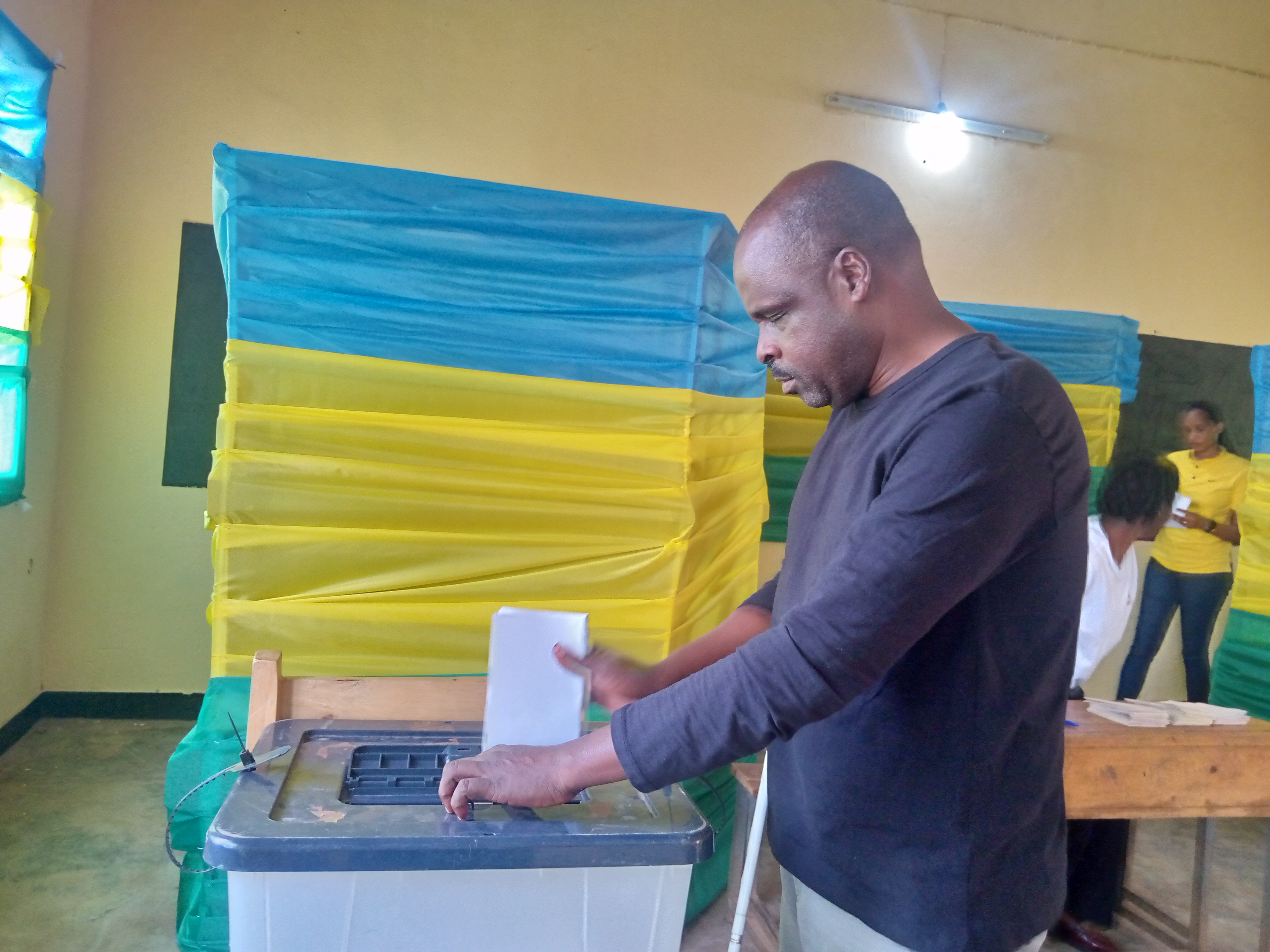
Advancing Democracy
Rwanda has made significant progress in making its elections more accessible, highlighted by the July 15 general elections where notable accommodations were provided. This was a major step forward in disabled Rwandans’ quest for equal rights and participation. “You cannot imagine how happy I am, for I have voted by myself and privately as others do accessibly,” says Jean Marie Vianney Mukeshimana, who used a Braille voting slate for the first time. “Voting is a deeply emotional and meaningful experience for a person with any disability in Rwanda, reflecting a blend of pride, empowerment, and hope.”
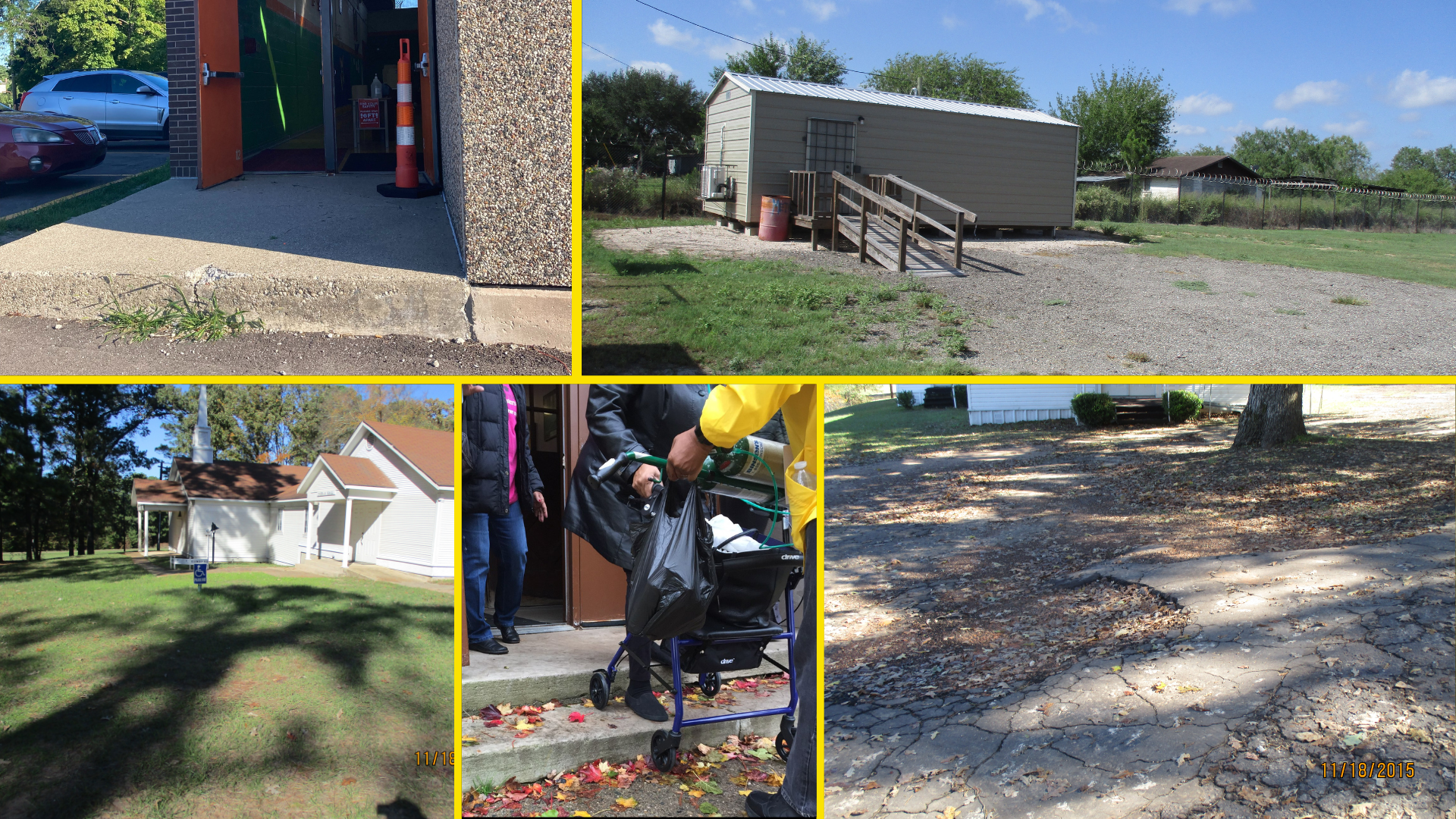
Barriers to the Ballot
Despite legislation like the Americans with Disabilities Act, barriers at the polls still hinder — and often prevent — people with disabilities from voting. New restrictive laws in some states, such as criminalizing assistance with voting, exacerbate these issues. Advocacy groups continue to fight for improved accessibility and increased voter turnout among disabled individuals, emphasizing the need for multiple voting options to accommodate diverse needs. ““Of course, we want to vote,” says Claire Stanley with the American Council of the Blind, “but if you can’t, you can’t.”
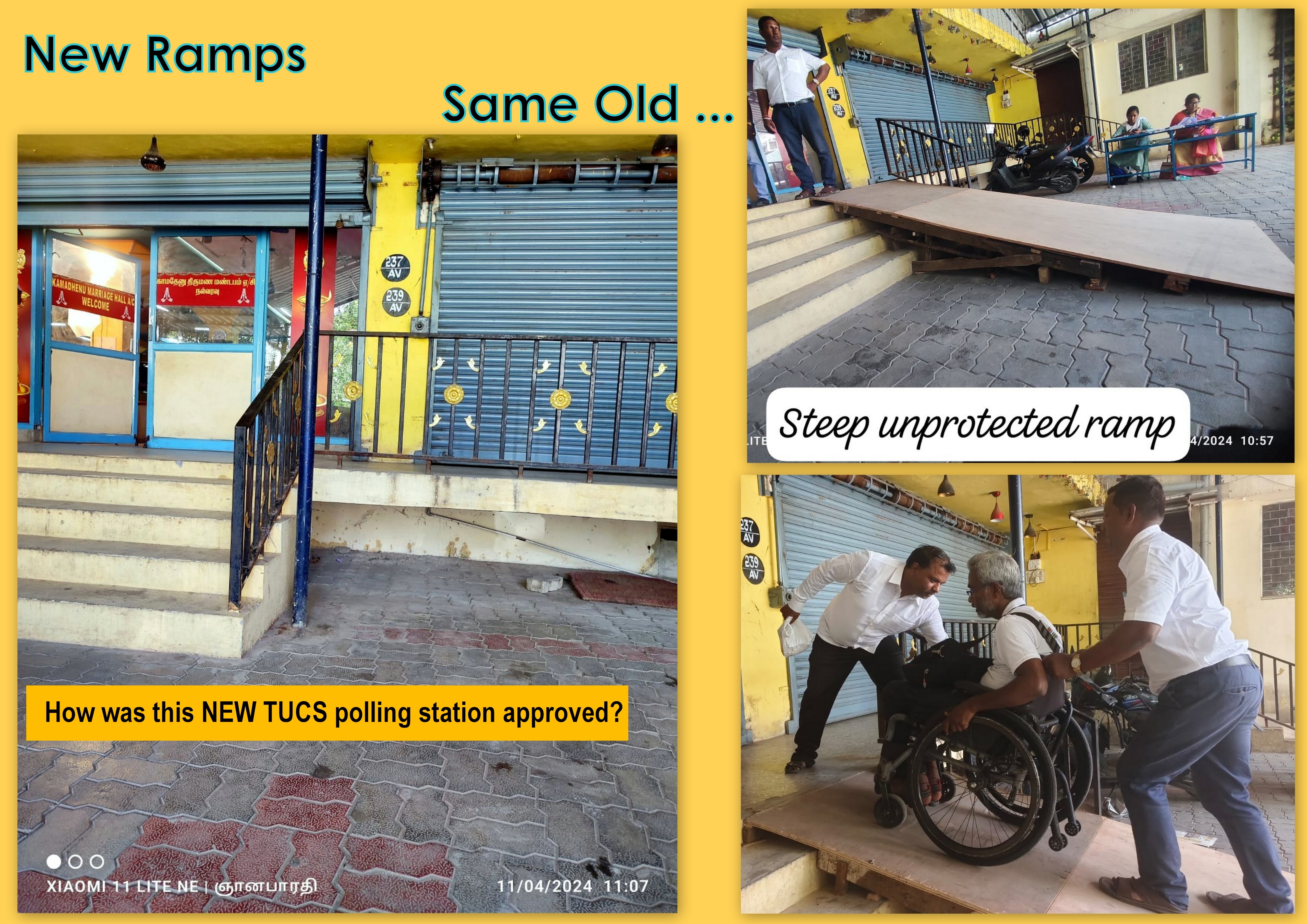
Democracy Denied
In 2024, a record number of voters worldwide will head to the polls, but many disabled individuals still face significant barriers. In India, inaccessible electronic voting machines and polling stations hinder the ability of disabled voters to cast their ballots independently. Despite legal protections and efforts to improve accessibility, systemic issues continue to prevent many from fully participating in the world’s largest democracy. “All across India, the perception of having made a place accessible,” says Vaishnavi Jayakumar of Disability Rights Alliance, “is to put a decent ramp at the entrance and some form of quasi-accessible toilet.”
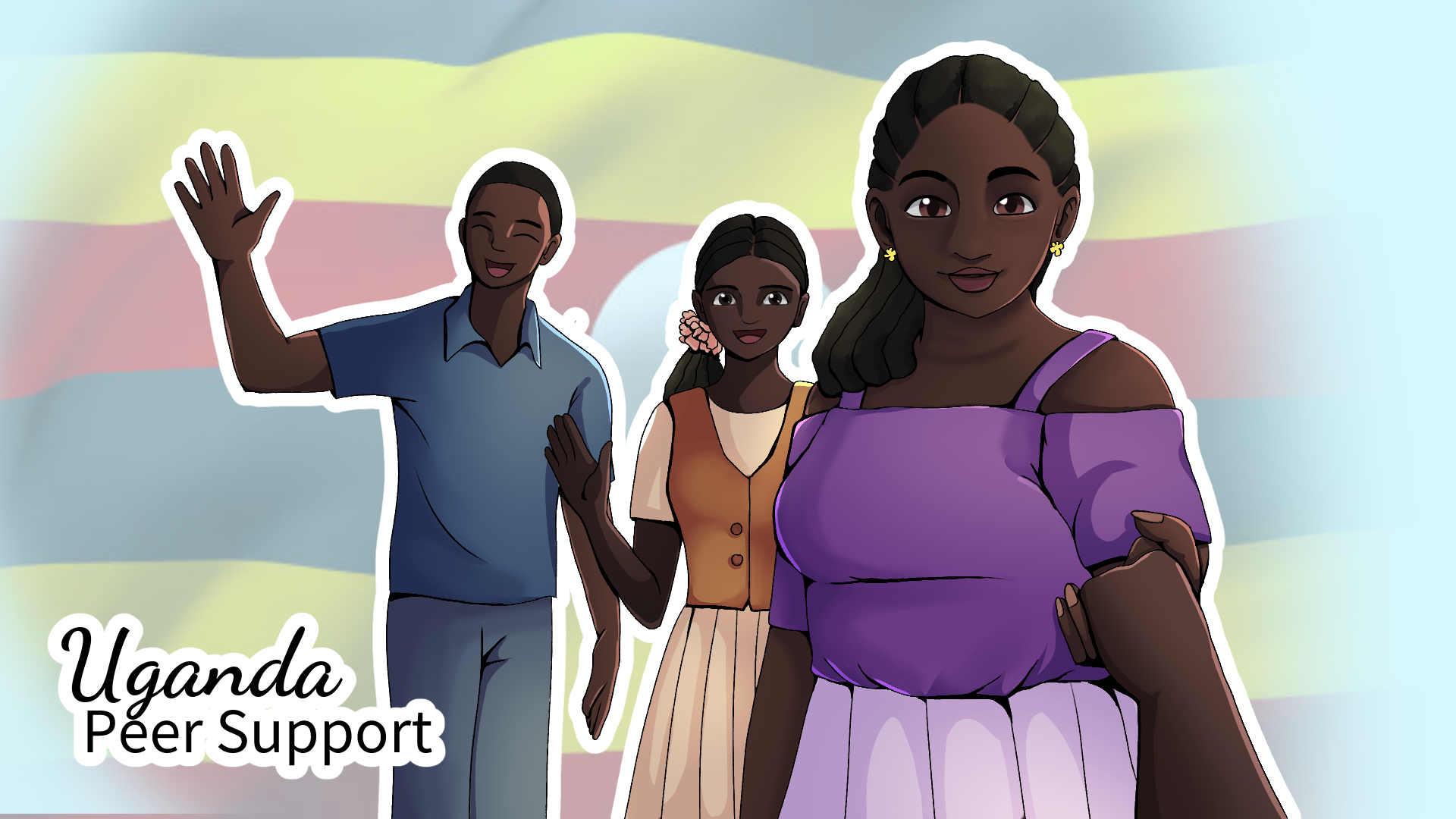
Triumph Over Despair
DJP Fellow Esther Suubi shares her journey of finding purpose in supporting others with psychosocial disabilities. She explores the transformative power of peer support and her evolution to becoming an advocate for mental health. “Whenever I see people back on their feet and thriving, they encourage me to continue supporting others so that I don’t leave anyone behind,” she says. “It is a process that is sometimes challenging, but it also helps me to learn, unlearn, and relearn new ways that I can support someone – and myself.”
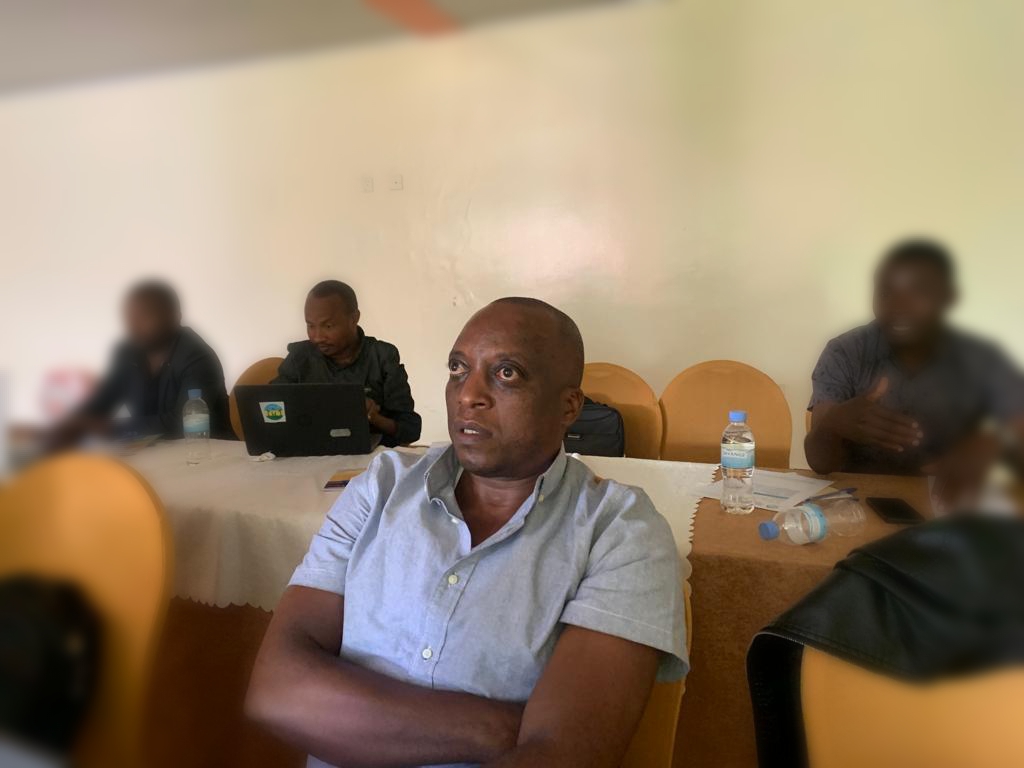
‘Our Vote Matters’
As Rwanda prepares for its presidential elections, voices like Daniel Mushimiyimana’s have a powerful message: every vote counts, including those of citizens with disabilities. Despite legal frameworks like the UN Convention on the Rights of Persons with Disabilities, challenges persist in translating these into practical, accessible voting experiences for over 446,453 Rwandans with disabilities. To cast a vote, blind people need to take a sighted relative to read the ballot. An electoral committee member must be present, violating the blind person’s voting privacy. “We want that to change in these coming elections,” says Mushimiyimana.
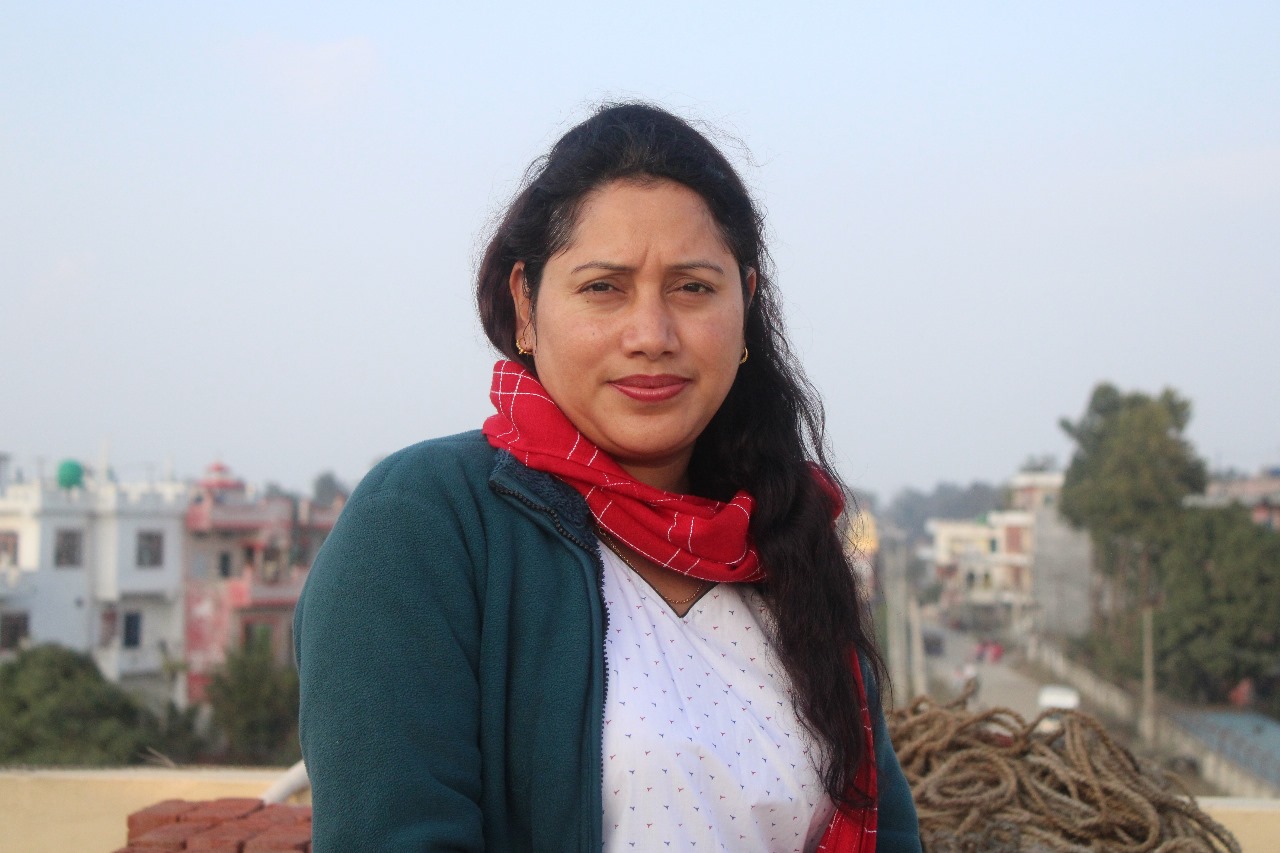
Voices Unsilenced
Often dismissed as a personal concern, mental health is a societal issue, according to Srijana KC, who works as a psychosocial counselor for the Nepali organization KOSHISH. KC’s own history includes a seizure disorder, which resulted in mental health challenges. She faced prejudice in both educational settings and the workplace, which pushed her towards becoming a street vendor to afford her medications. Now with KOSHISH, she coordinates peer support gatherings in different parts of Nepal. “It is crucial to instill hope in society, recognizing that individuals with psychosocial disabilities can significantly contribute,” she says.